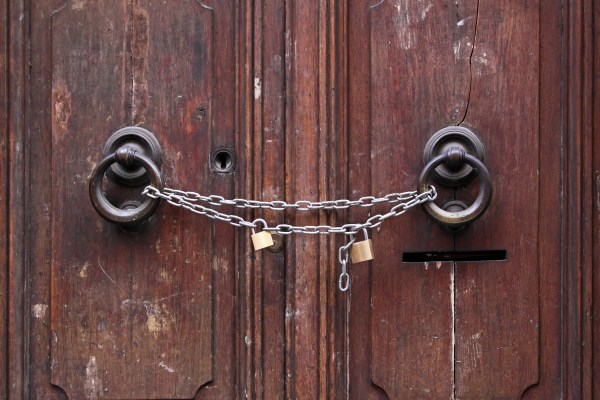Consumers are a step closer to being able to easily transfer their cell phones to other wireless carriers, after a Senate committee amended and approved a cell phone unlocking bill Thursday. The House passed similar legislation in February, and the bill is now expected to see a full Senate vote.
The Unlocking Consumer Choice and Wireless Competition Act would reinstate a ruling by the Librarian of Congress that would allow consumers to transfer or “unlock” their phones without violating existing copyright rules. The bill was first introduced by Judiciary Committee Chairman Patrick Leahy, D-Vt., last year.
“Consumers should be able to use their existing cell phones when they move their service to a new wireless provider,” Leahy said. “With today’s strong bipartisan vote in the Judiciary Committee, I hope the full Senate can soon take up this important legislation that supports consumer rights.”
Between 2006 and 2012, the Library of Congress made an exception for cell phones that allowed users to transfer their cell phones to different wireless carriers after their existing contracts expired. But in 2012, the Library did not make an exception for phones purchased after January 26, 2013. A petition opposing this decision on the White House website gained more than 110,000 signatures.
In addition to unlocking cell phones, the bill directs the Library to consider whether other wireless devices, like tablets, should have unlocking eligibility.
Sen. Al Franken, D-Minn., co-sponsored the legislation and said consumers should have a choice.
“This bipartisan legislation allows consumers to unlock their current phones when the terms of their contracts are up, so when they switch carriers they aren’t forced into purchasing a new device,” the senator said in a news release. “It saves people money, promotes competition in the wireless market, and gives consumers more choice. It’s just commonsense.”
AT&T, Verizon, T-Mobile and Sprint did not immediately respond with comment, but Jot Carpenter, the vice president of CTIA-The Wireless Association, said the amended bill struck a balance with the wireless companies.
“We appreciate the Judiciary Committee’s effort to strike an appropriate balance by authorizing unlocking without imposing obligations on carriers,” the trade group vice president said. “We view the bill approved today as consistent with Chairman Leahy’s original proposal, which was intended to relieve consumer confusion stemming from the Copyright Office’s 2012 decision.”
